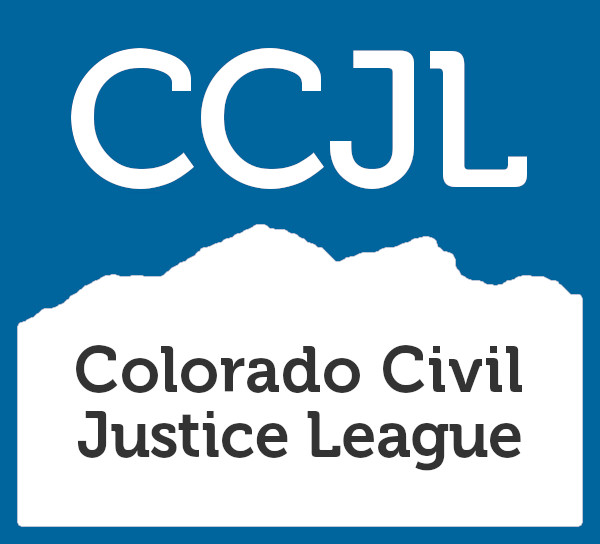From Colorado Politics op-ed by CCJL executive director Mark Hillman:
State Rep. David Ortiz (D-Littleton) makes a compelling advocate for the rights and struggles of disabled Coloradans.
“I lived 30 years as an able-bodied leg-walker, a five-minute-mile running, hard-charging combat aviator – until a crash in Afghanistan left me paralyzed from the waist down,” he told the House Judiciary Committee.
…
His House Bill 1032 would change Colorado law to specifically allow lawsuits regarding disability access violations to seek “emotional distress” damages of up to $642,180 and to require defendants to pay attorney fees and costs for prevailing plaintiffs.
…
That’s where Coloradans who have defended against disability lawsuits cry foul. HB 1032 doesn’t increase damages only in cases in which violations are “blatant” or “obvious.” It creates a six-figure incentive to litigate accessibility problems rather than resolve them. Even the bill’s supporters acknowledge that lawsuits typically take two years to resolve.
…
“In my experience, the best laws have both a carrot and a stick,” observed Rep. Marc Snyder (D-Manitou Springs). “I see a lot of sticks here, but I don’t see any carrots.”
Except for a few bad actors, the most efficient means of resolving accessibility problems might be personal contact with the business. Litigation should be a last resort.
